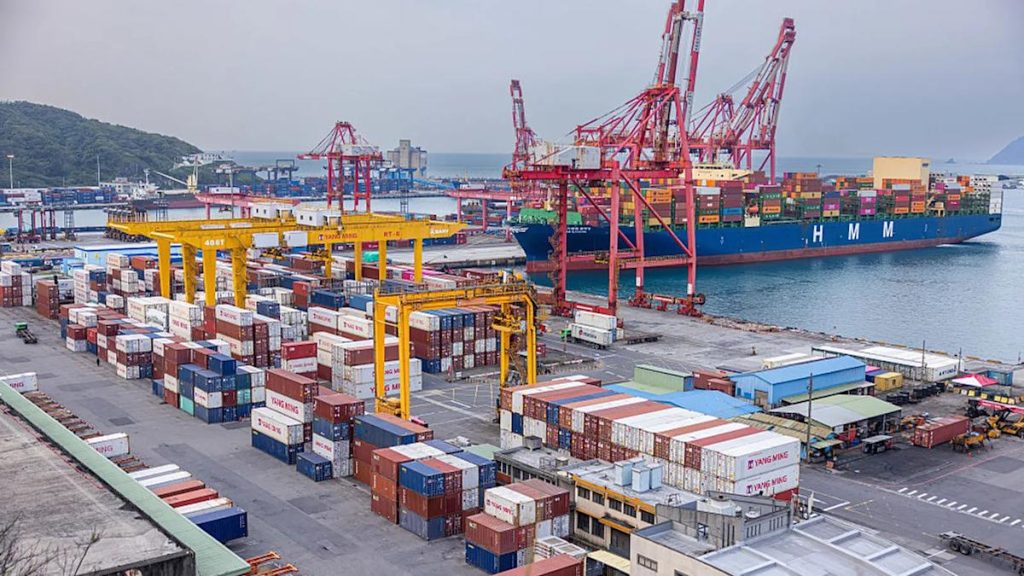
This story was originally published on Healthcare Dive. To receive daily news and insights, subscribe to our free daily Healthcare Dive newsletter.
-
Market volatility poses a growing challenge to nonprofit providers’ balance sheets, analysts from Fitch Ratings warned in a pair of research notes published this week.
-
Nonprofits enjoyed steady investment returns in recent years due to strong stock market performance and interest rate hikes, the credit rating agency said. However, the party may be momentarily over, as President Donald Trump’s flip-flopping tariff policies have thrown markets into turmoil.
-
Should health systems see their investment income decline, cash on hand could fall nearly 7% from the first half of 2024, hindering health systems’ ability to weather other headwinds including inflation and tight labor conditions, Fitch said.
Analysts have been struggling to predict the impact of tariffs on healthcare since April 2, when President Trump declared “Liberation Day” and levied tariffs on imported goods from most U.S. trading partners.
In the weeks that followed, the president announced a 90-day pause on most reciprocal tariffs — potentially in an effort to calm an aggrieved bond market — however, he has kept some tariffs in place. Total duties on imports from China sit at 145%, while other countries are subject to a baseline 10% tariff.
While the market initially reacted positively to Trump’s tariff pause, the jubilation did not last. Financial markets have continued to trade down relative to the beginning of the month, possibly impacting health systems’ investment portfolios.
For-profit systems aren’t immune to investor worries, either. Three of the nation’s largest for-profit systems, Tenet Healthcare, Universal Health Services and Community Health Systems, have seen their stock price tumble since the beginning of the month.
Stocks may tumble further — particularly in healthcare — as investors glean the full scope of tariffs, including those on pharmaceuticals, which are still being ironed out.
“The financial impact on the sector is likely to unfold over time rather than immediately,” said Ned Hux, pharmaceutical and life sciences tax leader, at PwC U.S. over email.
“If the U.S. targets pharmaceutical imports with tariffs, or if major trading partners impose retaliatory duties, financial fallout could begin to materialize. This might come in the form of rising input costs, supply disruptions, or regulatory complexities, all of which would pressure margins for providers, manufacturers, and distributors in the sector,” he said.
